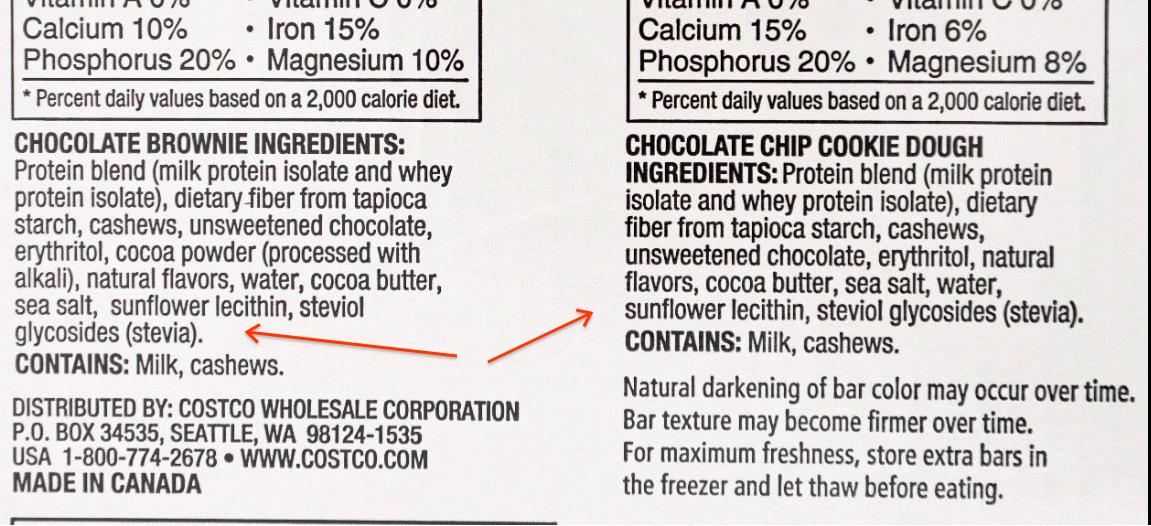A couple of months ago I started to take note that the perceived sweetness of foods isn't always correlated with its sugar content. One stark example was yogurt, where yogurts that tasted mostly plain or even tart would sometimes have higher sugar content than yogurts that were appreciably sweet.
Unfortunately, I don't have any great examples to show at the moment.
I was munching on one of these: Kirkland Protein Bars which got me thinking about this topic again. The bars are fairly sweet, but the product claims to only have 1 gram of sugar and it doesn't have any artificial sweeteners.
I understand that serving size is a confounding factor, especially given that I don't have any good examples to show on hand, but from what I recall, the serving sizes for the yogurts were comparable.
TL;DR: is there a strong correlation between how our tongues perceive sweetness and the stated sugar content? Are there other ingredients that can contribute to sweetness without contributing to the net sugar content?

